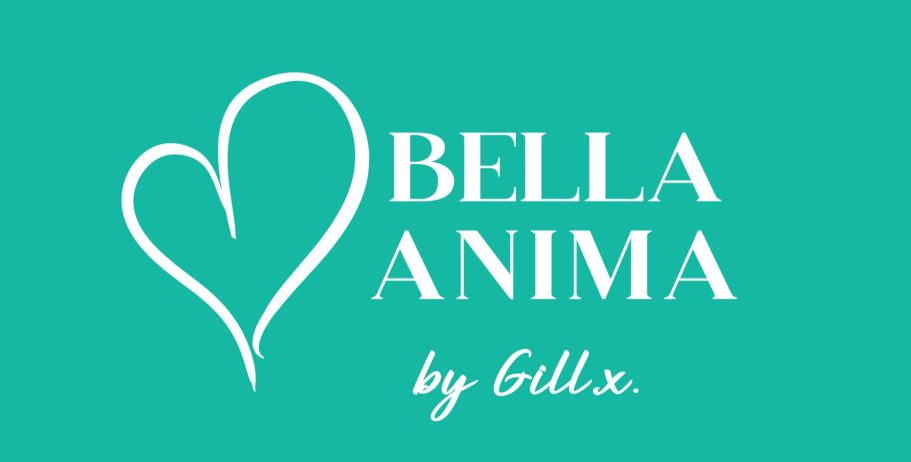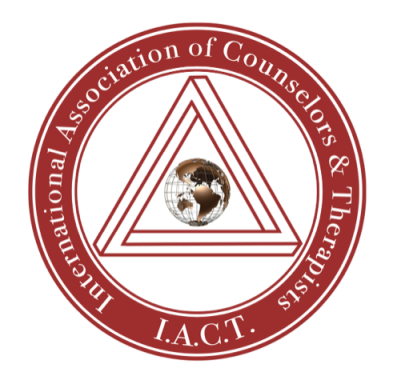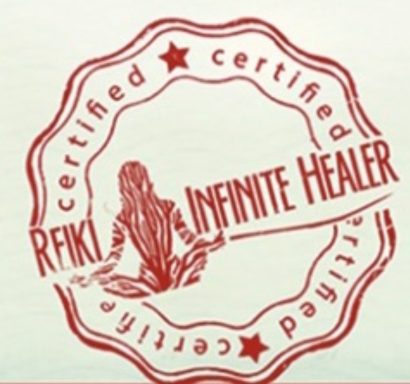Relationship Coaching - Within the Workplace
Gill provides relationship coaching within the workplace. Focusing on improving interpersonal dynamics, fostering collaboration, and enhancing communication among colleagues. By addressing and resolving conflicts, building trust, and developing effective communication skills, relationship coaching can create a more harmonious and productive work environment.
Investing in relationship coaching allows organisations to foster a positive, collaborative, and high-performing work environment, which benefits both employees and the organisation as a whole.
Here’s an overview of what relationship coaching in the workplace entails and its benefits:
Key Aspects of Workplace Relationship Coaching:
- Improving Communication - This involves enhancing both verbal and non-verbal communication skills. Techniques such as Neuro-Linguistic Programming (NLP) can be used to read and mirror body language. This is crucial because people are more likely to engage with those they feel comfortable with and can relate to. Additionally, imagine the benefits of helping someone in the organisation overcome a fear of public speaking. This is possible with NLP.
Relationship coaching can encourage an open, honest, and respectful dialogue. By adopting NLP techniques, staff could even learn to read whether someone is being honest or not, therefore giving them the upper hand.
- Conflict Resolution - Providing tools and strategies to resolve conflicts constructively.
- Fostering a culture where conflicts are seen as opportunities for growth.
- Building Trust - Establishing and maintaining trust among team members.
- Encouraging transparency and accountability.
- Strengthening Collaboration - Promoting teamwork and cooperation.
- Developing a sense of shared purpose and collective goals.
- Enhancing Emotional Intelligence - Developing self-awareness and empathy.
- Managing emotions effectively in a professional setting.
Practices in Relationship Coaching:
- Active Listening - Teaching techniques to listen attentively and empathetically.
- Encouraging understanding before responding.
- Effective Feedback - Training on how to give and receive constructive feedback.
- Focusing on specific behaviors rather than personal attributes.
Conflict Management Workshops - Conducting workshops to equip employees with conflict resolution skills including:
- Role-playing scenarios to practice resolving disputes.
- Team Building Activities - Organising activities that build trust and camaraderie.
- Facilitating exercises that require collaboration and problem-solving.
Personalised Coaching Sessions:
- Offering one-on-one coaching to address individual relationship challenges.
- Setting personal goals for improving workplace relationships.
- Developing Emotional Intelligence - Conducting training sessions on EI, covering self-awareness, self-regulation, motivation, empathy, and social skills.
- Encouraging reflection and mindfulness practices to enhance EI.
Creating a Positive Work Culture:
- Promoting values such as respect, inclusion, and kindness.
- Recognising and rewarding positive relationship-building behaviors.
Benefits of Relationship Coaching in the Workplace:
- Enhanced Communication - Clearer, more effective communication leads to fewer misunderstandings and errors.
- Increased Collaboration - Stronger relationships foster a collaborative environment, leading to more innovative and efficient teamwork.
- Improved Conflict Resolution - Employees equipped with conflict resolution skills can address and resolve issues quickly, reducing workplace tension.
- Higher Job Satisfaction - Positive relationships contribute to a more enjoyable work environment, increasing job satisfaction and retention.
- Boosted Morale and Motivation - Supportive and respectful interactions enhance overall morale and motivation.
- Greater Productivity - When employees work well together and communicate effectively, productivity naturally increases.
- Reduced Stress - A harmonious work environment with fewer conflicts reduces stress levels among employees.
Before Implementing Relationship Coaching in your workplace, consider:
- Assessing Needs - Conduct surveys or assessments to identify relationship challenges and areas for improvement.
- Set Clear Objectives - Define specific goals for the coaching program, such as improving communication or resolving conflicts.
Gill provides ongoing support - she suggests being prepared to offer continuous learning opportunities and support for employees to practice and refine their relationship skills.
Measure Progress - Gill egularly evaluates the effectiveness of the coaching program through feedback and performance metrics.
Contact Gill if you are looking to foster a supportive environment, encourage a culture of continuous improvement and support for relationship-building efforts. By investing in relationship coaching, organisations can cultivate a positive, collaborative, and high-performing workplace, benefiting both employees and the organisation as a whole.

Are You Ready?
Are you ready to book a session with Gill:
View Gill's Online Booking Tool
To find a suitable date and time for you
Professional Certifications & Accreditations
Because if it's worth doing, it's worth doing properly and my clients deserve the best.
We need your consent to load the translations
We use a third-party service to translate the website content that may collect data about your activity. Please review the details in the privacy policy and accept the service to view the translations.







